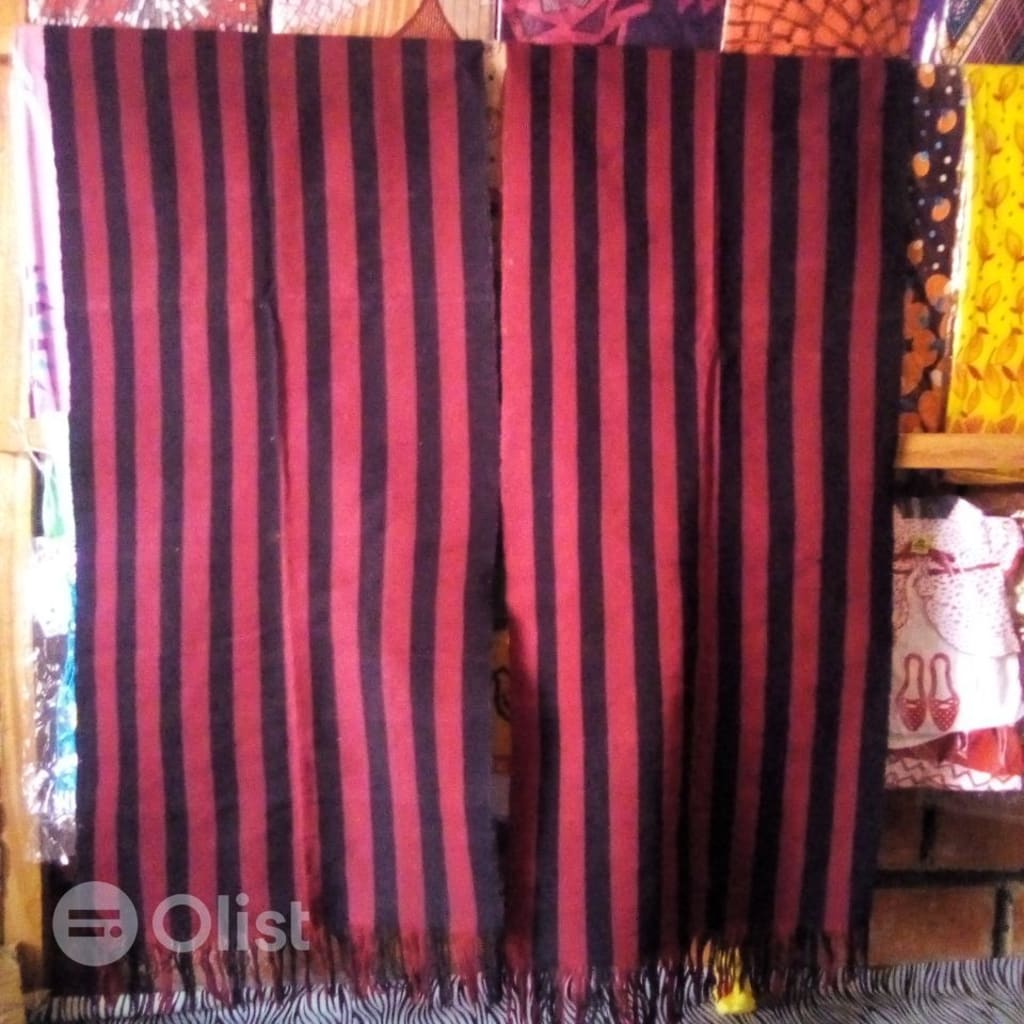
Idoma is an ethnic group primarily located in the Benue State of Nigeria, with smaller populations in neighboring states such as Enugu, Cross River, and Kogi. The Idoma people have a rich history that stretches back for centuries. While the exact origins of the Idoma people are not definitively known, it is believed that they migrated from the Niger River Valley around the 14th century.
The early history of the Idoma people is closely intertwined with the rise and fall of various kingdoms and empires in the region. They initially settled in small independent communities and were predominantly farmers and fishermen. Over time, some of these communities began to form larger political entities.
One notable kingdom in Idoma history is the Idoma kingdom of Otukpo, which emerged as a significant political and economic power in the 17th century. The kingdom was ruled by an Och'Idoma (King) and had a centralized system of administration. The Och'Idoma was believed to be divinely chosen and held both political and spiritual authority.
The Idoma people had a complex social structure with different classes, including the ruling class, titled chiefs, commoners, and slaves. They had a matrilineal kinship system, where descent and inheritance were traced through the female line. The Idoma society was organized around age grades, with each grade representing a stage of life and having specific roles and responsibilities.
The Idoma people have a rich cultural heritage, expressed through various art forms such as music, dance, pottery, and weaving. Traditional ceremonies and festivals play a significant role in Idoma culture, and they often feature vibrant masquerades, music performances, and communal feasts.
In the late 19th century, the Idoma people, like many other ethnic groups in Nigeria, came under British colonial rule. The British colonization brought significant changes to Idoma society, including the introduction of Western education, Christianity, and modern administrative systems.
After Nigeria gained independence in 1960, the Idoma people became part of the larger Nigerian nation. Today, they continue to preserve their cultural traditions while adapting to the modern world. Idoma people are actively involved in various sectors such as agriculture, commerce, education, and politics, contributing to the development of Nigeria as a whole.
THE IDOMA CULTURE
Idoma culture is vibrant and diverse, encompassing various aspects of social life, art, music, dance, religion, and traditional practices. Here are some key features of Idoma culture:
Language: The Idoma people have their own language, also called Idoma, which belongs to the Niger-Congo language family. It is spoken by the majority of Idoma individuals and serves as a means of communication within the community.
Traditional Religion: Traditional religious beliefs and practices have been an integral part of Idoma culture. They believe in a supreme deity called Owo (OWOCHO), who is considered the creator of the universe. Ancestral worship is also prevalent, where ancestors are revered and believed to intercede on behalf of the living.
Festivals and Ceremonies: Idoma people celebrate numerous festivals and ceremonies throughout the year, which serve as occasions for community gathering, cultural display, and religious observance. One of the most prominent festivals is the Agatu Festival, celebrated in honor of the ancestors, with masquerades, traditional dances, and feasting.
Art and Craftsmanship: Idoma people are known for their artistic skills and craftsmanship. They produce intricate wood carvings, pottery, and weaving. Idoma pottery, in particular, is highly regarded for its craftsmanship and artistic beauty.
Music and Dance: Music and dance are essential components of Idoma cultural expression. Traditional musical instruments, such as the udu (clay pot drum), ogene (metal gong), and ichaka (shaker), are used to create rhythmic and melodious tunes. Idoma dances are energetic and often performed during festivals, social gatherings, and celebrations.
Social Structure: Idoma society has a hierarchical social structure. It is organized around family units, extended families, and clans. Lineage and kinship ties are highly valued, and the society operates on a system of age grades, which determines the roles and responsibilities of individuals based on their age set.
Traditional Attire: The Idoma people have distinctive traditional attire. Men typically wear a flowing gown called an agbada or a wrapper called etibo, paired with a cap. Women often wear wrappers, blouses, and headgear, with various decorative accessories such as beads and bangles.
Cuisine: The Idoma cuisine reflects the agricultural nature of the community. Staple foods include yam, cassava, maize, and various vegetables. Popular dishes include pounded yam, yam porridge, okra soup, and palm fruit soup. Additionally, kola nuts hold cultural significance and are often offered as a sign of hospitality.
Marriage and Family: Marriage is an important institution in Idoma culture. It involves several traditional rites and ceremonies, including payment of dowry and negotiation between families. Polygamy was historically practiced, although monogamous marriages have become more prevalent in recent times. Family plays a central role, and extended family members often live together in compounds.
Oral Tradition: The Idoma people have a rich oral tradition, with storytelling, proverbs, and folklore playing a significant role in passing down history, wisdom, and cultural values from one generation to the next.
Idoma culture continues to evolve, adapting to modern influences while preserving its unique heritage and traditions.
Overall, the history of the Idoma people is a testament to their resilience, cultural heritage, and contributions to the social and political landscape of Nigeria.
About the Creator
Enjoyed the story? Support the Creator.
Subscribe for free to receive all their stories in your feed. You could also pledge your support or give them a one-off tip, letting them know you appreciate their work.





Comments
There are no comments for this story
Be the first to respond and start the conversation.